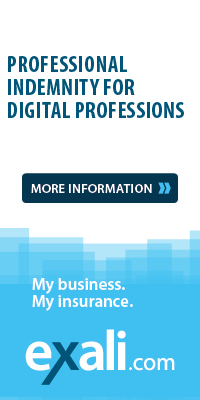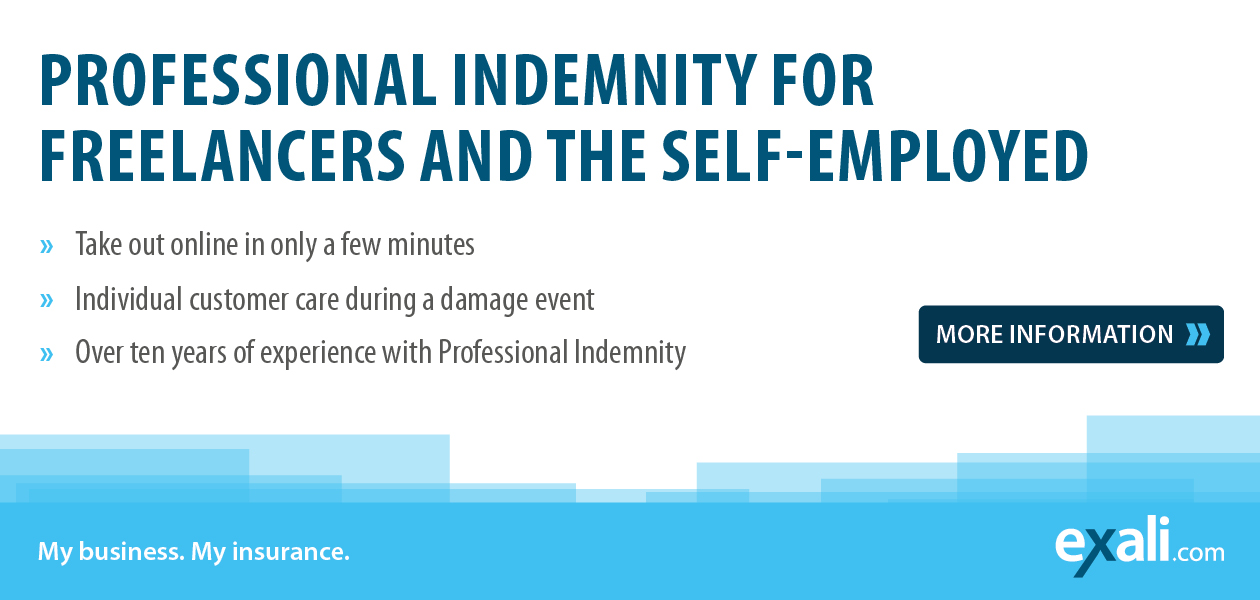Further Education For the Self-Employed: How To Learn Successfully
Regular further education is important to set yourself apart from the competition as a self-employed person. In this way, you will always be up to date, gain expert status and run your business successfully in the long term. Read the article to find out which further education programmes are available to you and in which cases you can apply for grants.
Why Is Further Education Important?
Many sectors are developing rapidly. This also applies to the demands placed on the self-employed. Those who do not constantly expand their knowledge and keep up to date have little chance of surviving on the market. The willingness to take part in further education is therefore an important factor for the success of your business. In addition, you signal your diligence and willingness to develop to interested parties with demonstrable further education.
There are many other ways to acquire new customers. Find out more in the article 5 Tips for Freelance Client Acquisition.
What Further Education Opportunities Are There?
In addition to traditional face-to-face teaching, various further education formats have become established in recent years. Digitalisation enables particularly flexible learning - to suit your everyday life.
- Evening Classes
This is a classic further education opportunity. It is more geared towards standard working hours in 9-to-5 jobs. After work, you attend evening classes where you can acquire new knowledge in many different areas. Adult education centres offer a wide range of training, further education and courses. - Distance Learning Schools
At distance learning schools, you can not only learn new skills, but also complete entire school-leaving qualifications or degree programmes - often from home and alongside your main job. However, you will have to pay tuition fees for these courses and often also purchase learning materials. Bear this in mind when planning your costs. - Online-Courses
These courses are very suitable as they offer a lot of flexibility. In addition, you need nothing more than a stable internet connection to participate. You can usually download the teaching materials easily. The course itself then either takes place on set dates or you can work at your own pace.
The udemy platform, for example, offers interesting online courses. - Webinars
Webinars also take place online - but in the form of a live video conference. These are usually self-contained, interactive courses. - Free Courses
In some cases, your budget is rather tight or you are not sure whether an offer will really help you. Then free training programmes are a good option. Google, for example, offers a lot of free content on its programmes and general digital topics as part of a "Grow With Google" initiative. - Streams
Many companies and personalities stream events live on the internet. This allows you to listen to exciting discussions and learn a lot - even if you don't want to invest in expensive tickets.
Further education is not only useful for full-time self-employed people. You also need comprehensive knowledge when setting up a business as a sideline. Here we tell you what else is important when setting up a part-time business: Start Up Successfully Alongside Your Main Job.
How Do You Get Grants?
Further education costs money. But you don't have to pay these sums alone. Depending on the country in which you work, the state offers you various subsidies.
However, funding is usually linked to conditions. You often have to earn a certain percentage of your income from self-employment or your main place of business must be located in a certain country. You usually have to submit an application and sometimes also take part in a counselling session to determine your individual funding requirements.
How Can You Deduct Further Education Costs?
You can deduct the costs of further education from your taxes - including teaching materials as well as transport and travelling expenses. Enter the further education as a business or special expense in your tax return. It is important that you can prove that you have completed the further education for professional reasons. This is the case if a course guarantees both current and future employment.
Fit For the Future With Further Education
If you invest money in further education, you are investing in your professional future. In a rapidly changing work environment, you need to stay up to date at all times. This will keep your business fit for the future.

Vivien Gebhardt is an online editor at exali. She creates content on topics that are of interest to self-employed people, freelancers and entrepreneurs. Her specialties are risks in e-commerce, legal topics and claims that have happened to exali insured freelancers.
She has been a freelance copywriter herself since 2021 and therefore knows from experience what the target group is concerned about.









